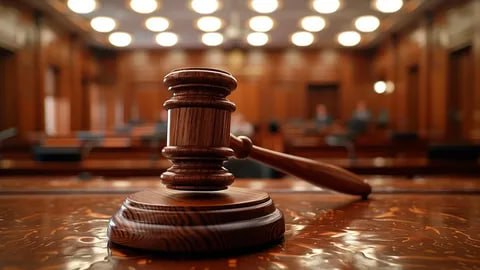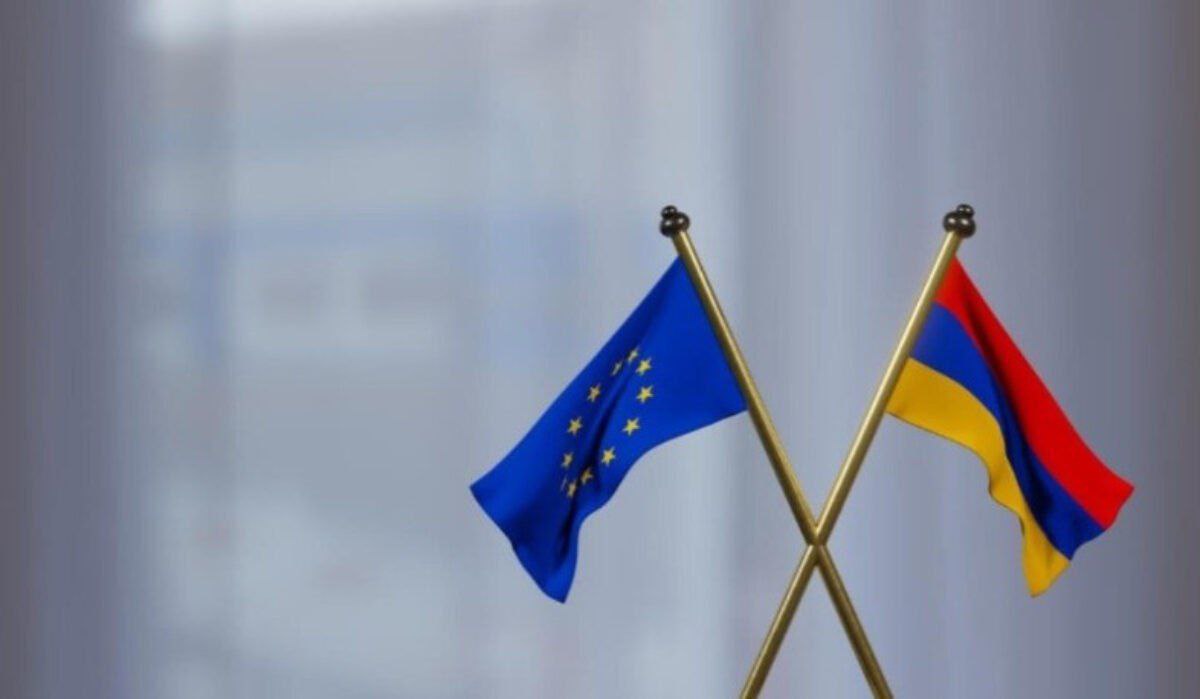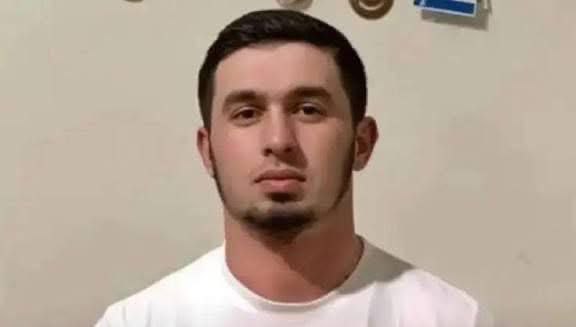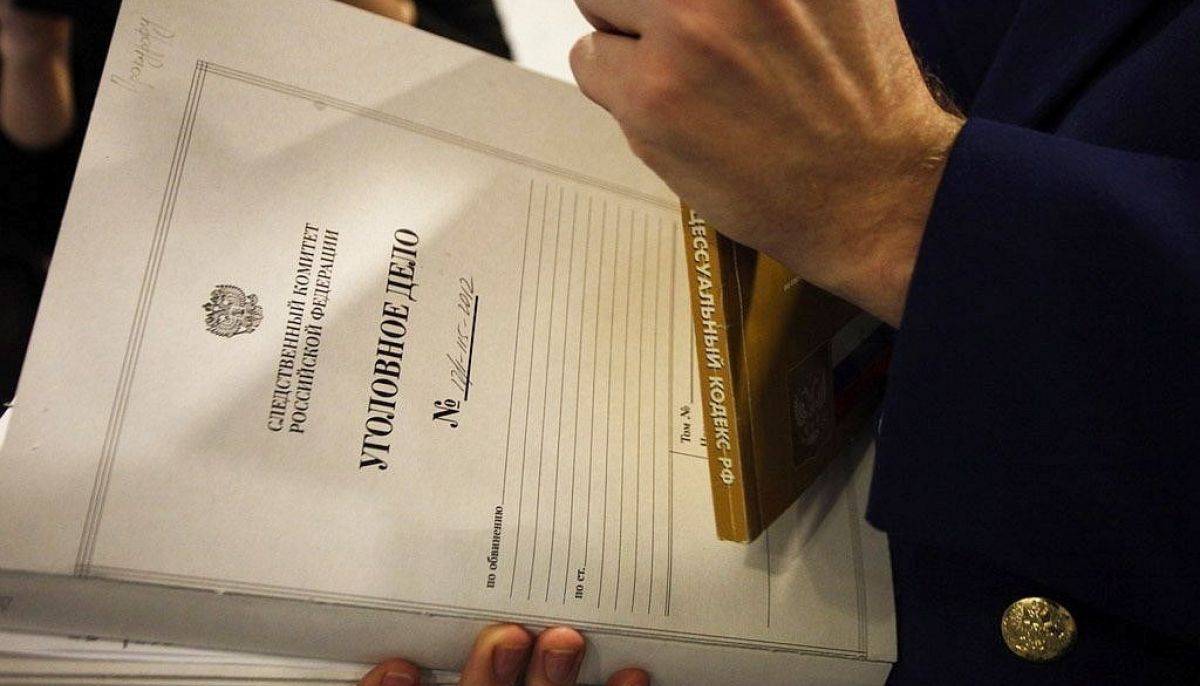A military court in Nalchik found Rinat Kurmanaev and Zalim Bekov guilty of leaving their unit without leave during mobilization and sentenced each to five years in prison.

The Memorial Human Rights Center recognized five Crimean Tatars as political prisoners: Enver Krosh, Rinat Aliyev, Seityaga Abbozov, Edem Bekirov and Vilen Temeryanov. This was reported on the official website of the organization. All five are accused of involvement in the activities of the Hizb ut-Tahrir al-Islami party, banned in the Russian Federation. Men face lengthy prison terms under "terrorist" articles for talking about religious topics in 2015.
Human rights activists claim that the criminal case of Krosh, Aliyev, Abbozov, Bekirov and Temeryanov violates their rights to freedom of religion, freedom of association and a fair trial, and demand an end to their persecution.
Enver Krosh, Rinat Aliyev, Seityaga Abbozov, Edem Bekirov and Vilen Temeryanov are Crimean Tatar civic activists from the Dzhankoy region of Russia-annexed Crimea. Temeryanov is a correspondent for the Crimean Solidarity publication, with whom other defendants in the case are also connected, providing support to Crimean political prisoners and their families. All of them were arrested on July 11, 2022 under the article on organizing the activities of a terrorist organization. They are accused of studying and spreading the ideology of Hizb ut-Tahrir, as well as the intention to "create an ideal state of Muslims (the world Islamic Caliphate)". Abbozov was sent under house arrest, the rest were sent to a pre-trial detention center.
The investigation into the case of five Crimean Tatars did not provide real evidence of their terrorist activities, their preparation of terrorist attacks, the storage of ammunition, or even calls for violence. The accusations are based only on the fact of their participation in a banned organization and holding meetings with like-minded people. At the same time, an audio recording of a meeting seven years ago acts as the main evidence of guilt.



